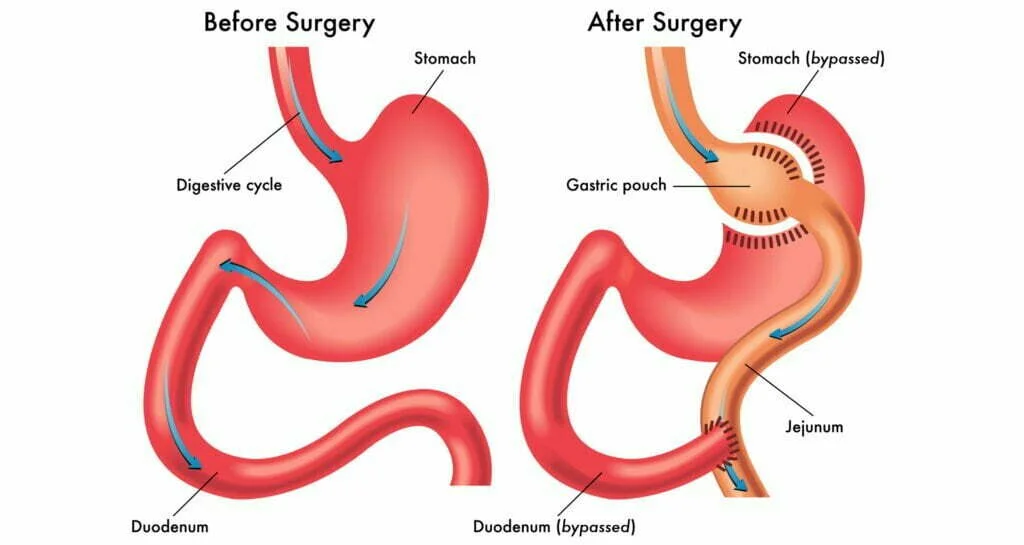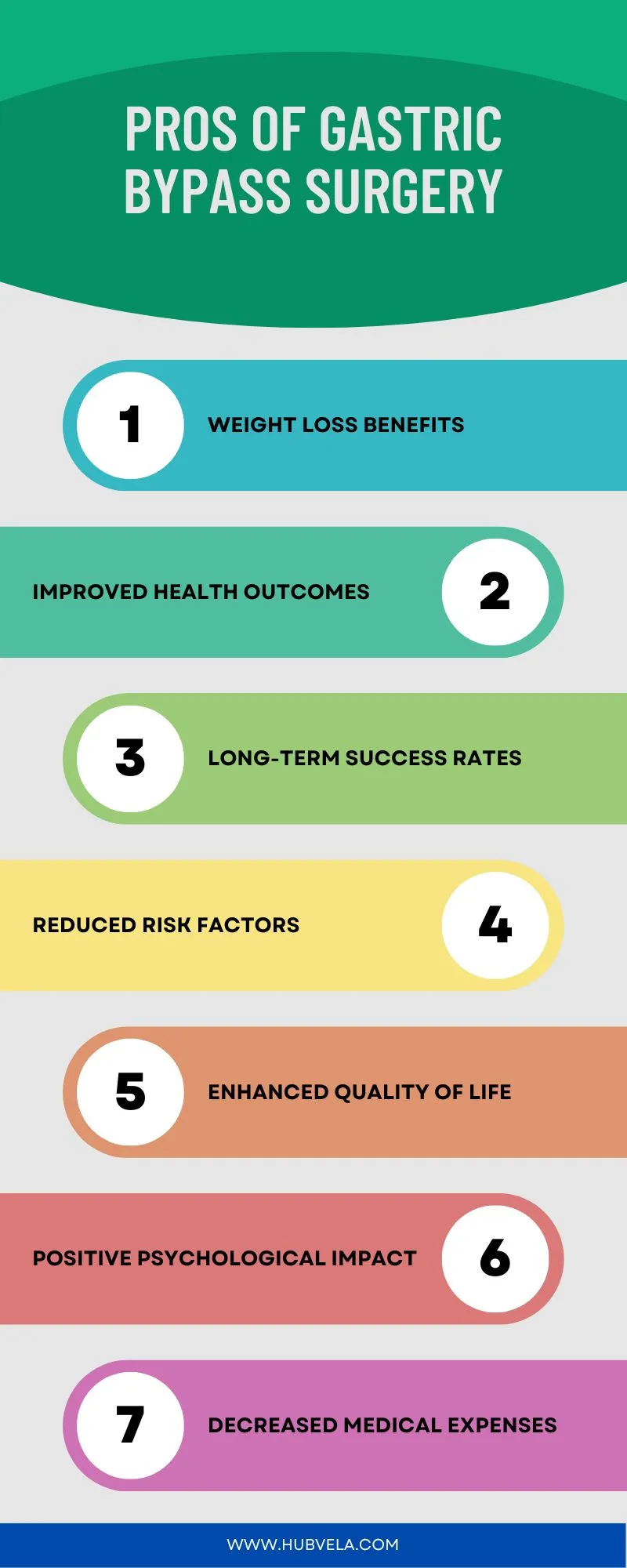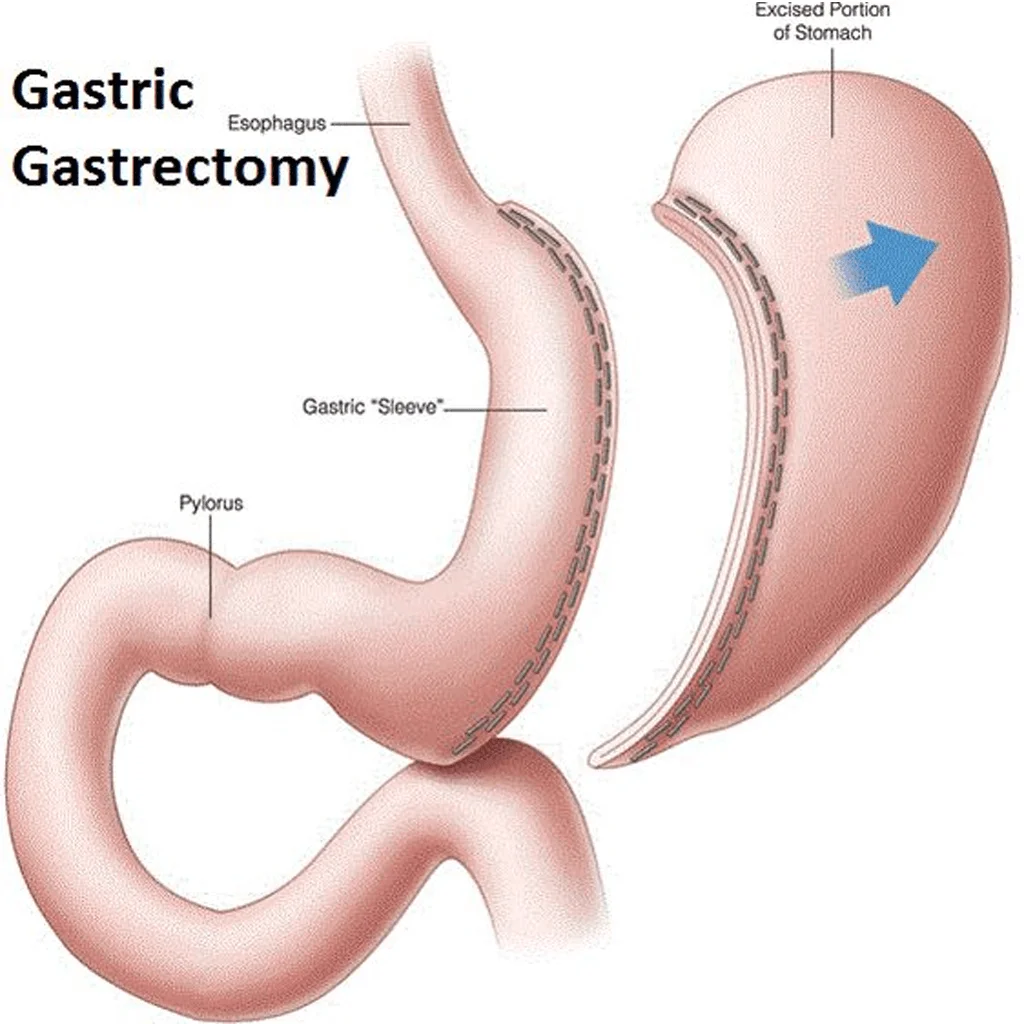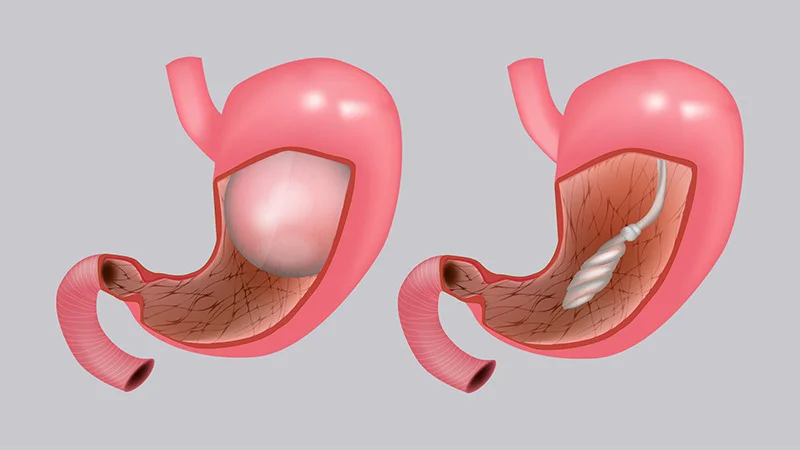10 Key Things to Expect After Mini Gastric Bypass Surgery:
Mini gastric bypass surgery is a popular option for those seeking to lose weight and improve their overall health. This procedure can lead to significant weight loss and a reduction in obesity-related conditions. However, understanding what to expect after the surgery is crucial for a successful recovery and long-term results. In this comprehensive guide, we’ll walk you through the key aspects of recovery, the changes you can anticipate, and tips for a smooth transition.
Understanding Mini Gastric Bypass Surgery
What is Mini Gastric Bypass Surgery?
10 Key Things to Expect After Mini Gastric Bypass Surgery
Mini gastric bypass surgery is a form of bariatric surgery that alters the digestive system to help with weight loss. Unlike traditional gastric bypass, which involves two connections to the small intestine, the mini version typically creates a single connection, making it less invasive and quicker to perform.
During the procedure, the surgeon removes a portion of the stomach and connects the remaining part directly to the small intestine. This reduces the stomach size, limits food intake, and alters the digestive process, leading to decreased calorie absorption.
Benefits of Mini Gastric Bypass
- Significant Weight Loss: Patients can expect to lose 60-80% of their excess weight within 18-24 months.
- Improved Health: Many patients experience improvements in conditions like type 2 diabetes, hypertension, and sleep apnea.
- Shorter Recovery Time: The minimally invasive nature of the procedure often leads to quicker recovery compared to other bariatric surgeries, such as sleeve gastrectomy.
What to Expect After Surgery
1. Immediate Post-Operative Care
10 Key Things to Expect After Mini Gastric Bypass Surgery
After your mini gastric bypass surgery, you will spend time in the recovery room where medical staff will monitor you closely. Expect to stay in the hospital for 1-3 days, depending on your recovery progress. During this time:
- Pain Management: You may experience discomfort at the incision sites or in your abdomen. Pain management will be provided through medications.
- IV Fluids: You will receive fluids through an IV to stay hydrated until you can resume oral intake.
2. Diet Transition
Your diet will change significantly after surgery. The typical phases include:
Phase 1: Clear Liquids (Days 1-3)
- You’ll start with clear liquids such as water, broth, and sugar-free gelatin.
- Aim for small sips to avoid overwhelming your stomach.
Phase 2: Full Liquids (Days 4-14)
- Gradually introduce protein shakes and creamy soups.
- Avoid high-sugar or high-fat items.
Phase 3: Soft Foods (Weeks 2-4)
- Soft, mushy foods like mashed potatoes, pureed fruits, and scrambled eggs are introduced.
- Chew slowly and thoroughly.
Phase 4: Solid Foods (After Week 4)
- Begin incorporating solid foods, focusing on lean proteins and vegetables.
- Avoid tough meats, fibrous vegetables, and foods that can expand in your stomach.
3. Emotional Adjustments
Undergoing mini gastric bypass surgery can lead to significant emotional changes:
- Body Image: As you lose weight, your body image may shift. It’s common to experience a mix of excitement and anxiety.
- Support Systems: Connecting with support groups or therapists can help you navigate emotional ups and downs.
4. Lifestyle Changes
To maximize your results after mini gastric bypass surgery, consider these lifestyle changes:
Nutrition
- Balanced Diet: Focus on a diet rich in lean proteins, whole grains, and vegetables. Limit sugars and processed foods.
- Hydration: Aim for at least 64 ounces of water daily to stay hydrated.
Physical Activity
- Start Slow: Begin with light activities like walking as soon as you feel comfortable.
- Regular Exercise: Incorporate regular exercise into your routine to enhance weight loss and improve overall health. Aim for at least 150 minutes of moderate aerobic activity each week.
5. Follow-Up Appointments
10 Key Things to Expect After Mini Gastric Bypass Surgery
Regular follow-up appointments with your healthcare provider are essential for monitoring your progress:
- Nutritional Guidance: Your doctor may refer you to a nutritionist to help create a sustainable eating plan.
- Medical Monitoring: Regular check-ups will help manage any potential complications and track your weight loss journey.
Potential Challenges and Solutions
6. Managing Side Effects
After surgery, some side effects may arise. Here’s how to address them:
Nausea and Vomiting
- Causes: Can occur if you eat too quickly or consume foods that are hard to digest.
- Solutions: Eat slowly, chew thoroughly, and avoid high-fat or sugary foods.
Dumping Syndrome
- Symptoms: Includes nausea, vomiting, and diarrhea after eating high-sugar foods.
- Prevention: Stick to your dietary guidelines and avoid foods that trigger symptoms.
7. Nutritional Deficiencies
10 Key Things to Expect After Mini Gastric Bypass Surgery
Due to the changes in your digestive system, you may face nutritional deficiencies. Key vitamins and minerals to monitor include:
- Vitamin B12: Important for nerve function and energy production.
- Iron: Essential for red blood cell production.
- Calcium and Vitamin D: Important for bone health.
Taking daily supplements as recommended by your healthcare provider can help mitigate these risks.
8. Weight Loss Plateaus
After initial weight loss, many patients experience plateaus. Here are tips to overcome them:
- Reassess Your Diet: Ensure you are sticking to your nutritional guidelines.
- Increase Physical Activity: Incorporate different types of exercises to challenge your body.
- Stay Accountable: Consider joining a support group for motivation.
Long-Term Considerations
9. Sustainable Weight Maintenance
10 Key Things to Expect After Mini Gastric Bypass Surgery
Maintaining your weight loss is a long-term commitment. Here are key strategies:
- Regular Monitoring: Keep track of your weight and body measurements to stay accountable.
- Continued Support: Engage in support groups or counseling to help maintain motivation.
- Healthy Habits: Establish and stick to a routine that includes healthy eating and regular exercise.
10. The Role of Support Systems
A strong support system can significantly impact your weight loss journey:
- Family and Friends: Engage loved ones in your journey for encouragement and accountability.
- Professional Support: Consider working with dietitians, personal trainers, or counselors specializing in weight management.
Conclusion: 10 Key Things to Expect After Mini Gastric Bypass Surgery
Mini gastric bypass surgery can be a transformative step towards achieving a healthier weight and improving your overall well-being. By understanding what to expect during recovery and implementing necessary lifestyle changes, you can set yourself up for success. Remember, the journey doesn’t end with surgery; it’s a lifelong commitment to your health. Embrace the changes, seek support when needed, and celebrate each milestone along the way. Your new life is just beginning!





